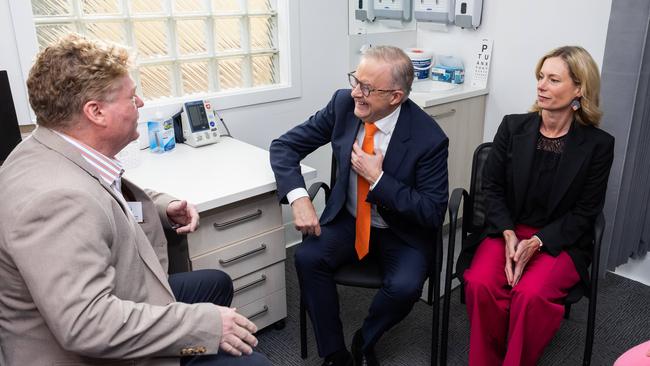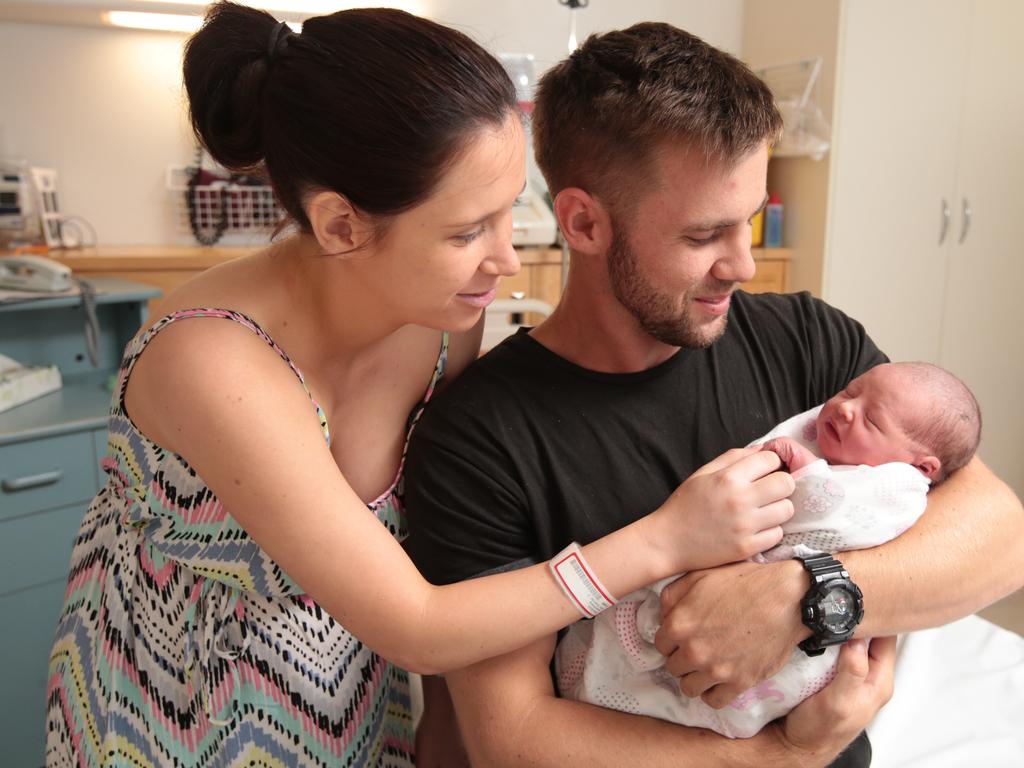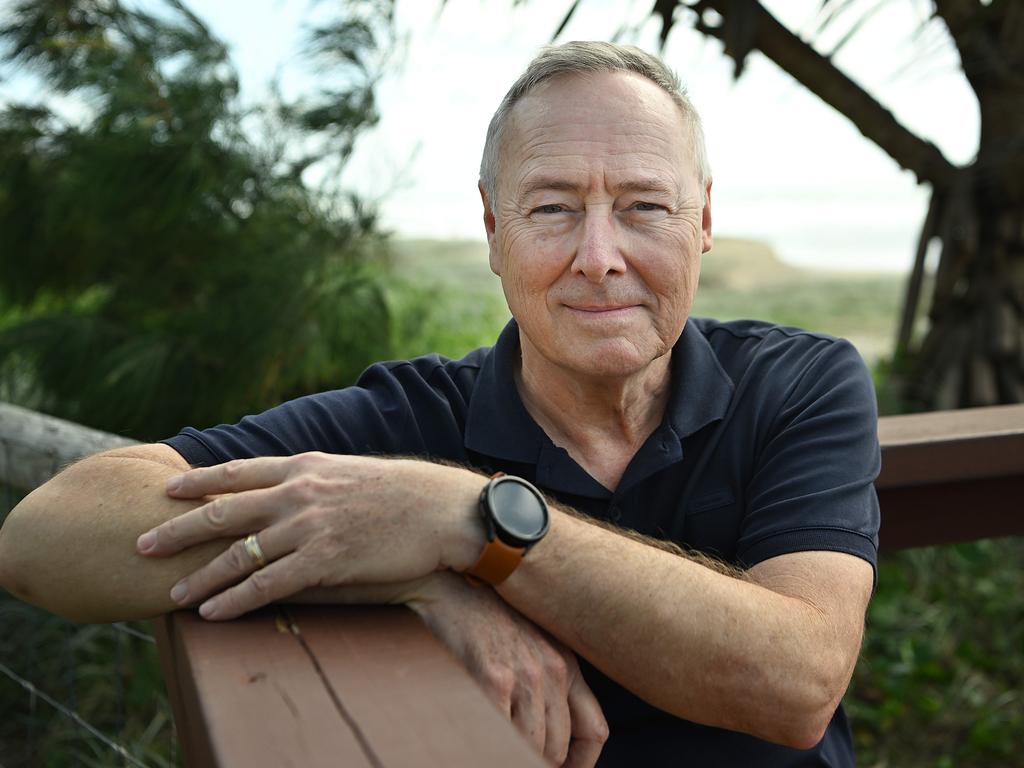Bulk billing: ‘If access is an issue, then I’ll help them access it’
The doctor who stood beside the PM on Tuesday to back the idea of increased bulk-billing incentives, says change is desperately needed but concedes clinics will adopt it ‘on a case-by-case basis’.

The doctor who stood beside the Prime Minister on Tuesday to back the idea of increased bulk-billing incentives, says change is desperately needed and he will take up the initiative, even if that ends up meaning he will weather some of the costs.
But Dr Mark Baldock, the managing director of GP Collective, a general practice management company with premises in Tasmania, NSW and Queensland, conceded that not all GP clinics may offer 100 per cent bulk billing.
“I think it’s going to be, it’s going to be on a case-by-case basis,” he said.
“I don’t think practices are going to want to go backwards to support the bulk-billing scenario.
“I can imagine some practices that are mixed billing will look very closely at this model and see whether the increase in volume and the 12.5 per cent incentive will actually be similar or better (financially).”
Dr Baldock said his GP clinic, which operates separately from an urgent care clinic, would make the switch to full bulk-billing.
“It’ll be a close-run thing, whether we’re going to be better-off or not under the 100 per cent bulk billing,” Dr Baldock said. “But when you’re bulk billing 90 per cent of the patients you’re seeing anyway, then we’re probably going to be able to absorb the change to make it 100 per cent bulk billing.”
Dr Baldock has a unique perspective on the bulk-billing initiative being offered. He is the managing director of GP Collective, a general practice management company with clinics in Tasmania, NSW and Queensland, some of which are Urgent Care Clinics. He is also a practising GP at Jordan River Health in Tasmania, a regular clinic with a parallel UCC that services a low socio-economic area.

Tasmania has been particularly hard hit by the nation’s GP shortage which has come as the cost of delivering services has climbed. It means many patients have found it difficult to access timely and affordable care. It’s a situation Dr Baldock understands well. In his view, the status quo can’t continue. He says the current system means the most vulnerable patients are not accessing primary health care because it is simply out of reach and that is adding more pressure to the system.
“It’s creating a social divide in medicine,” he says. “That’s not what I’m doing medicine for. I’m here to help people, and if access is an issue, then I’ll help them access it. That’s only going to end up costing everyone more money; it’s just going to drain our system, we’re going to end up building hospitals and emergency departments and in a scenario where we have underfunded primary health care.
“We know models all around the world where they fund their primary health care, and they don’t have as many of these chronic diseases we’re having.”
He also says this policy cannot be the end of the story, describing it as a “toe in the water” with more action needed to fix Australia’s primary care network. He thinks the policy’s take up, or lack thereof, will be the ultimate test. But he says what is ultimately needed is for the policy to be reviewed regularly for success and for there to then be the development of “a robust funding model for general practice”
It is a different story for the urgent care clinics, which are fully bulk billed. They are also open for extended hours, and don’t require appointments. They cater to patients with conditions too serious to wait to see their regular GP but not urgent enough to go to an emergency department.
They are also funded differently to regular GP clinics, receiving block funding which is designed to cover the increased cost of delivering care.







To join the conversation, please log in. Don't have an account? Register
Join the conversation, you are commenting as Logout